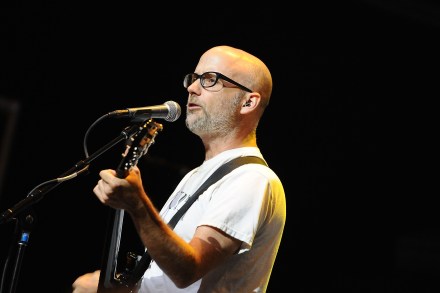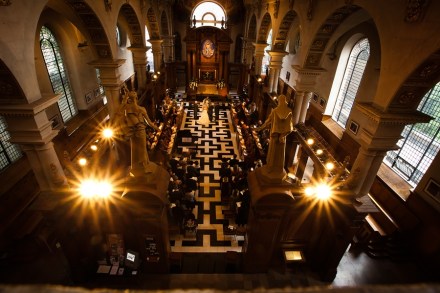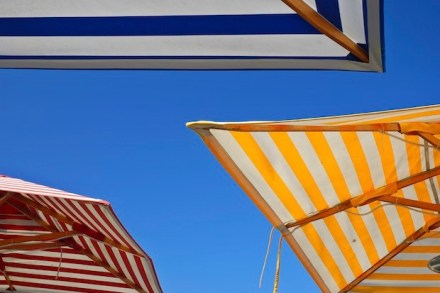Diary – 2 July 2015
‘Hello. I’m lesbian threesome,’ the young lady tells Taki. ‘And I’m Mongolian rampage,’ says the young man beside her. We’re at Jeremy Clarke’s book launch in the Spectator’s back garden, to which he invited a dozen Low Life readers chosen for submitting the best stories of drunken debauchery. Some were summarised in Jeremy’s column last week, which made for a marvellous party. Throughout the evening, guests tried to match the face to the story. Which reader was kneecapped by a pimp in Amsterdam? Who was the academic who got into a drunken fight with a janitor over the affections of the chemistry teacher? My favourite exchange of the night: ‘Do












